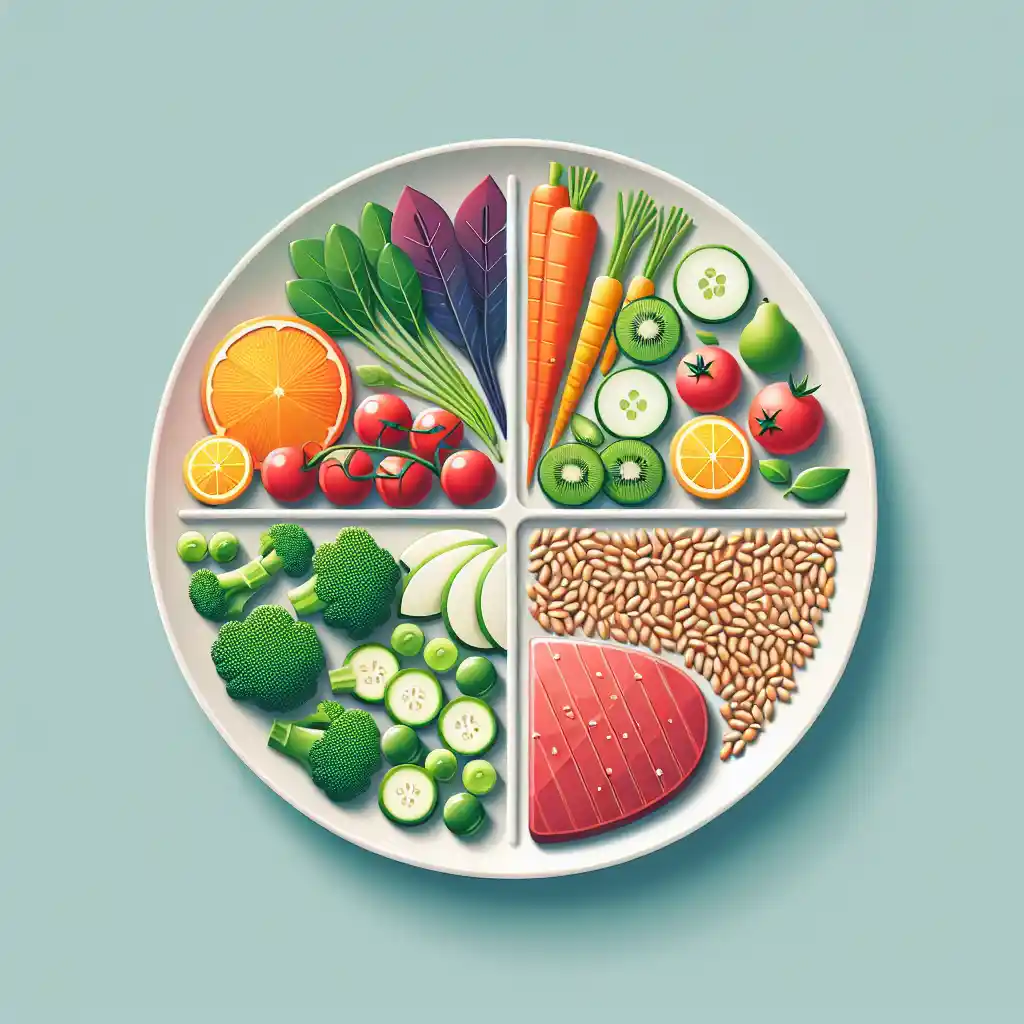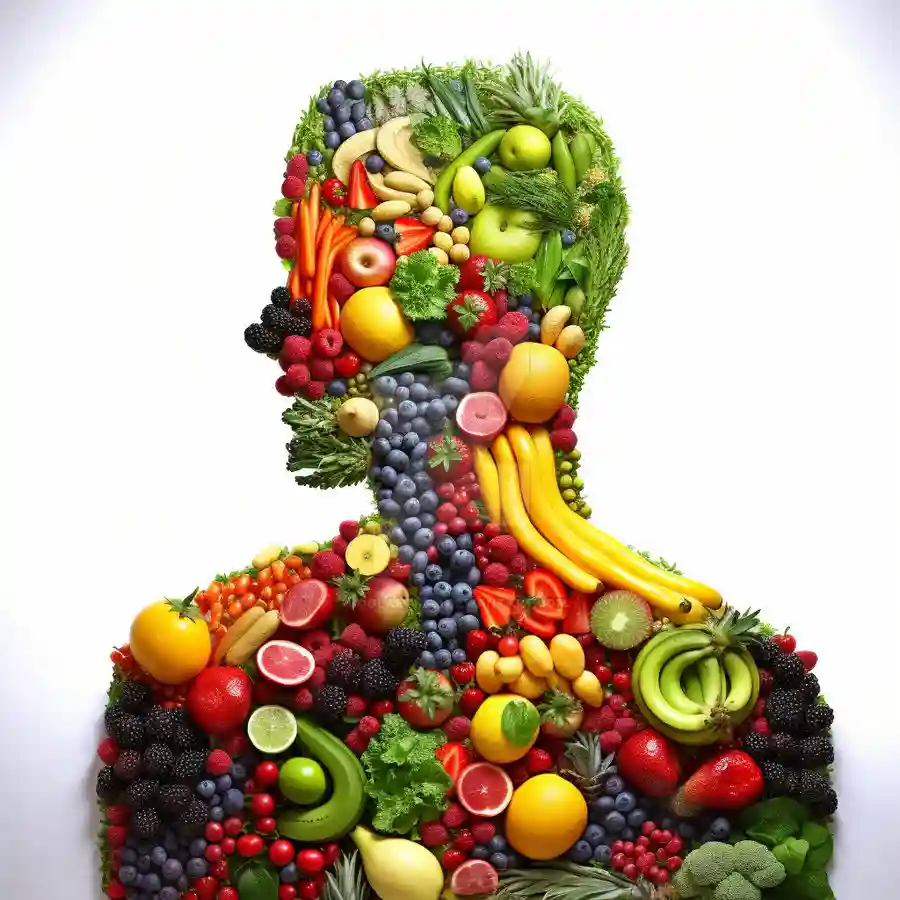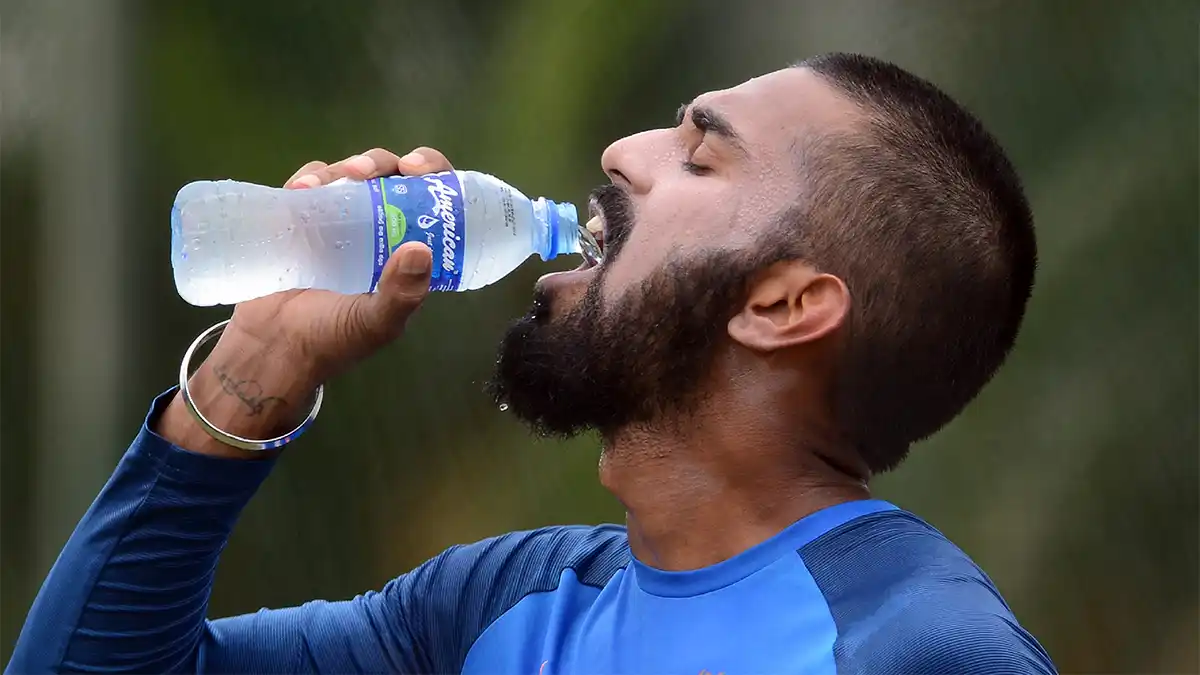
Football is one of the most physically demanding sports in the world. During games, players need a lot of energy to maintain the tempo throughout the whole match. To be in good shape and at the top of your athletic potential, you need not only the perfect training plan but also proper nutrition.
Eating the right foods is crucial for every football player, whether professional or amateur. It will help you stay strong, perform well during games, and recover quickly after each game or training session.
If you want to boost your performance and take your game to the next level, you've come to the right place. OhMyFootball created a list of the top 12 foods every footballer should include in their diet. Whether you are just starting out or have been playing football for a long time, eating the right foods is key to how well you play.
During a 90-minute football match, outfield players engage in intense activity demanding energy and endurance. Here's a breakdown of their average performance:
If a match goes into extra time, extending to 120 minutes, these numbers increase accordingly. As you may guess, this reflects greater demands placed on the players.
That's why football players need careful nutrition planning. Proper nutrition affects energy, endurance, recovery, and overall fitness. To be at the top of your game, you need a mix of carbohydrates, protein, and fats.
The carbs will give you more energy, the protein will help your muscles grow and recover faster, and the fats will give you long-lasting energy. These macronutrients are the cornerstone of a good diet, but you'll also need vitamins and minerals for optimum nutrition.

Here are 12 foods that you should include in your diet to enhance performance and minimize recovery time:
Football players need a lot of carbs as they rely on glycogen stores for energy during games and practices. The amount of carbohydrates a player needs can vary depending on the season—like off-season or pre-season—the player's goals and position on the team.
To get the necessary carbohydrates, players should eat a variety of whole grains. Add more whole-grain pasta, brown rice, quinoa, and whole-grain bread to your diet.
These foods are great for providing energy that lasts longer. They are perfect for keeping you powered throughout a game or practice. Starting your day with whole oatmeal or choosing whole-grain bread for your sandwich can make a difference.
Football players need enough protein not only to build muscle but also to repair the muscle damage that happens during games. You must choose lean, high-quality protein sources, especially before and after workouts.
Good sources include chicken, turkey, fish, lean cuts of red meat, eggs, dairy products, beans, and lentils. After practice, a meal like a grilled chicken salad can help you recover and strengthen your muscles.
There's a common misconception that athletes need to consume extra protein through supplements like shakes, bars, and powders. In most cases, a football player's protein needs can be met through real food. But if you struggle to eat enough protein through your regular diet, protein supplements are a convenient option.
You can make your smoothie by mixing ingredients like Greek yoghurt, protein powder, milk, nut butter, and fruits like berries, apples, or bananas. This combination of foods will give you enough protein and will provide you with good nutritional value.
We all know that fruits and vegetables are great for our health, so they are an integral part of every good diet. They are packed with vitamins, minerals, and antioxidants, which help your body stay healthy and recover faster.
Eating various colourful fruits and vegetables, such as berries, oranges, spinach, and carrots, is incredibly beneficial. Snacking on carrots or making a berry smoothie can give you a significant nutrient boost.
Try adding more blueberries to your diet. This fruit has earned the reputation of a superfood, and they are not only delicious but also a valuable addition to your post-match recovery diet. These small, flavorful berries are packed with vitamins C and K.
Vitamin C boosts your energy levels and immune system, while Vitamin K is essential for bone health and repair. With all these benefits, it's clear why blueberries should be a staple in your diet.

Avocados are often hailed as the king of superfoods, and for good reason. These green, stone-bearing fruits have health benefits that make them a great addition to any athlete's diet.
Did you know that avocados are packed with fibre? Yes, that's right. Avocados are a fantastic source of fibre, essential for a healthy digestive system.
They are also rich in high-quality fats crucial for maintaining overall health and ensuring that all bodily functions operate smoothly.
Eating an avocado provides a wide array of nutrients, including vitamins K, C, E, and B-complex (B5, B6, B1, B2, B3), folate, and minerals such as potassium, magnesium, manganese, copper, iron, zinc, and phosphorus. It even has some vitamin A.
Nuts and seeds are a must in every footballer's diet. They are a great source of healthy fats, proteins, and fibre. They help keep your energy levels stable through training and also provide protective effects against heart disease and diabetes.
You can eat more almonds, walnuts, chia, and flaxseeds as they are rich in vitamins and minerals. Vitamins include E, B6, niacin and folate, and minerals include magnesium, zinc, plant iron, calcium, copper, selenium, phosphorus and potassium.

Any good diet can't go without eggs. Eggs are an excellent source of high-quality protein, crucial for muscle repair after intense physical activity. They contain all the essential amino acids, including high levels of leucine. This amino acid is particularly effective in muscle recovery.
Beyond muscle repair, eggs are beneficial for overall health. The fats in eggs can help to lower blood cholesterol. They are also rich in choline and betaine, vitamins that support brain development and function and can contribute to a sense of well-being. Eggs are also versatile, easy to cook, and can be added to various meals.
Don't be scared of fats. Healthy fats play a crucial role in a football player's diet. They not only support physical health but also enhance cognitive functions.
Essential fats, such as Omega-3 fatty acids, are vital for brain health and can help improve focus and decision-making on the field.
Fish like salmon and mackerel are packed with healthy fats, which are excellent for reducing inflammation in the body.
A dinner with grilled salmon can be very helpful for recovery after intense physical activity.
Sweet potatoes are an excellent source of carbohydrates, fibre, vitamins, and minerals.
Sweet potatoes are rich in essential vitamins like vitamins A and C, minerals, antioxidants, and fibre, contributing to their numerous health benefits.
They provide the energy you need to play sports and help with recovery after the game.
These root vegetables are particularly noted for their potential anti-cancer properties and ability to enhance immune function, among other health benefits.
Sweet potatoes are simple to incorporate into your diet. You can enjoy them roasted as a side dish or cook them in the air fryer.
Hydration is key for athletes. Water is essential, but sports drinks can also be important during long games or practices as they help replenish electrolytes lost through sweat.
Coconut water has become increasingly popular among athletes as a natural hydration option. While technically not a food, its benefits for hydration surrounding physical activities are noteworthy.
Coconut water is an all-natural beverage packed with vitamins and minerals that the body easily absorbs. It's an effective way to maintain hydration levels.
Including coconut water in your diet can help maintain focus and energy throughout your entire game or workout session.

For those who include meat in their diet, lean beef is a good option as it provides the protein and iron necessary for energy and recovery. If you want to build some muscle to be stronger on the pitch, add lean beef to your diet.
Red meat is one of the best foods for building muscle. For a post-game meal, try having a beef stir-fry with lots of veggies.
Bananas are a great source of carbs for every athlete. They are packed with potassium, which helps muscle function and prevents cramps.
Eating a banana before or during a game can boost energy and replenish lost electrolytes. You can have a banana 1 hour before your workout or game, giving you the energy you need.
In moderation, dark chocolate can be beneficial for heart health and help reduce stress.
Recent studies have found that dark chocolate can help reduce exercise-induced muscle injuries in athletes. It's rich in magnesium, which helps prevent muscle cramps. Try consuming dark chocolate after your workouts, and you'll see relief in your muscles.
Plus, it's a nice treat after a tough match.
To perform at your best on the football field, it's important to eat a balanced diet that includes all three essential macronutrients—carbohydrates, protein, and fats. Your diet also needs vitamins and minerals and, most importantly, hydration.
The foods on our list provide the energy, nutrients, and recovery support that football players need. Remember, your diet can greatly impact your performance, so make smart choices about what you eat.